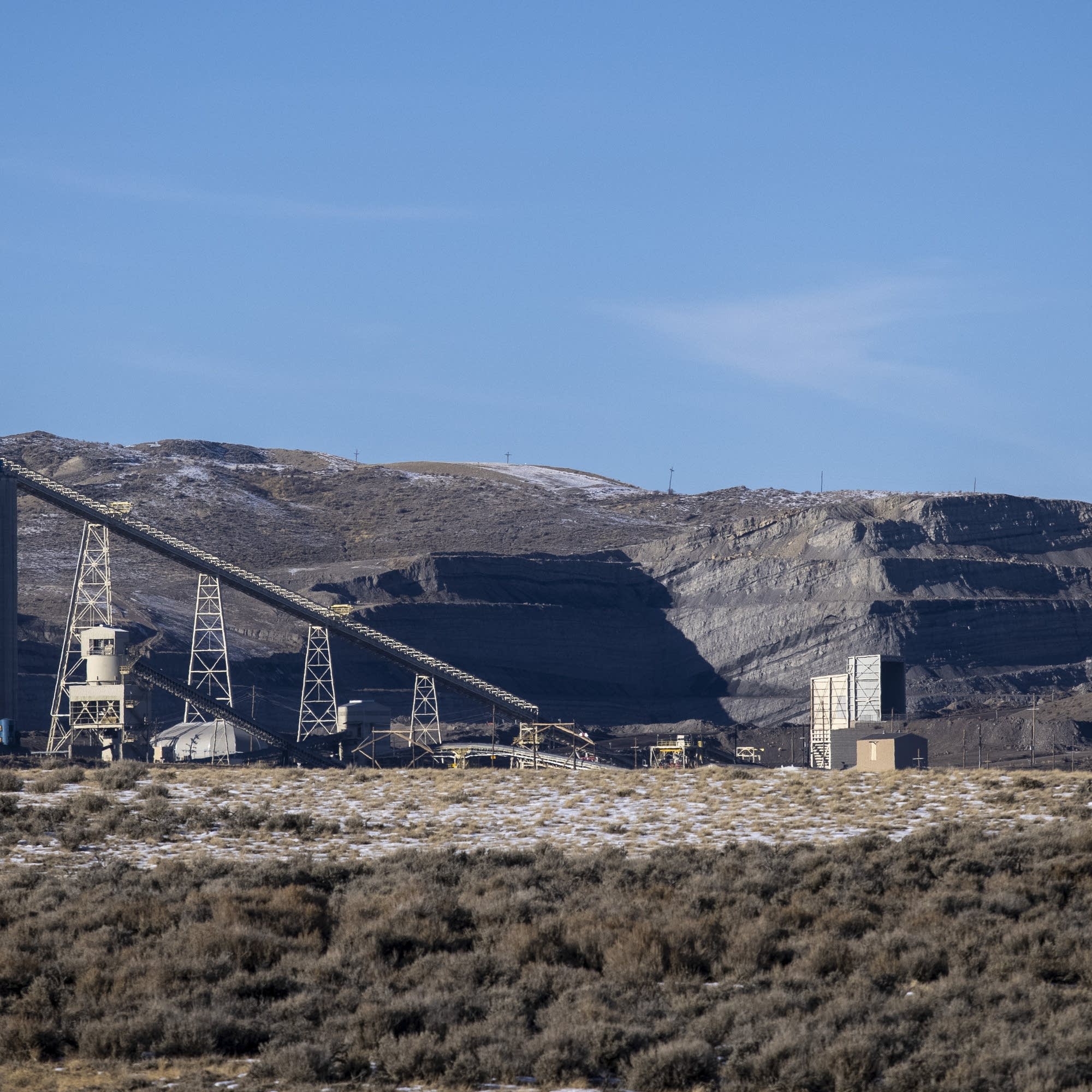The cost of GOP cuts to coal royalties
Wyoming made billions from coal mining over the last 50 years, funding the government, schools, roads, parks. But President Trump’s major spending bill, passed in July, gives mining companies a break on royalty fees — leaving state budgets lean. In this episode, easing coal fees comes at a price. Plus: Non-store retail spending saw double-digit year-over-year growth, small businesses suffer as they wait for tariff clarity, and stock investors basically ignore all the bad economic headlines.
Every story has an economic angle. Want some in your inbox? Subscribe to our daily or weekly newsletter.
Marketplace is more than a radio show. Check out our original reporting and financial literacy content at marketplace.org — and consider making an investment in our future.
Press play and read along
Transcript
Transcript is processing—check back soon.





